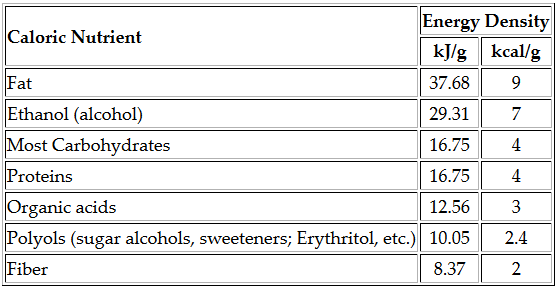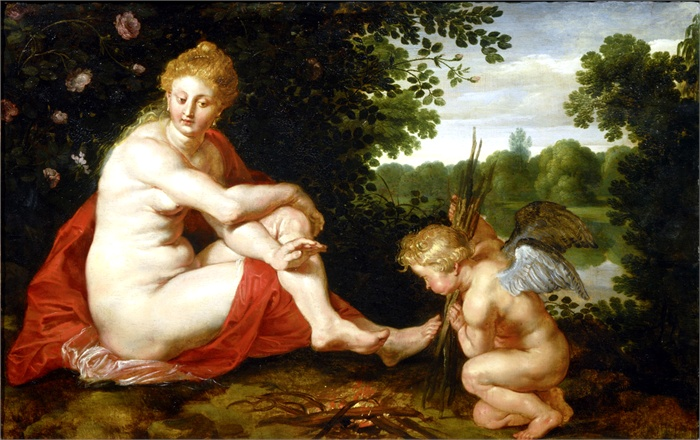Have you ever seen a fat Elf? I haven't, and I think there's an unexpected reason.
You see, Elves aren't really the best workers or at least working the land and cultivating food is not something they do. There isn't such thing as Bob the elf farmer with 14 children which he forces to work on the farm.
Elves are powerful mages, they teach the art of using magic and creating powerful artifacts to humans in exchange of money. Therefore elves don't consume much energy during the day, and also most Elves are nobles.
Only in the past few centuries meat became industrialized, but before meat used to be something only fishermen, hunters and nobles ate... the rest of the population were farmers who didn't have the money to eat meat more than once in a blue moon.
But nobles were usually filthy rich, which means they could buy any type of greasy food, for example beef is 54% fat by kilocalories or a steak sits at around 64%. That's why nobles and kings were usually overweight.
Does it means that Elves were just fitness addicts who paid a lot of attention to their health? Probably not, at the time there were no gyms and nobody knew anything about nutrition. I have a better theory, that Elves simply don't have fat cells.
IF my theory was right, how would it be possible for elves to survive without any fat cell in their body?


